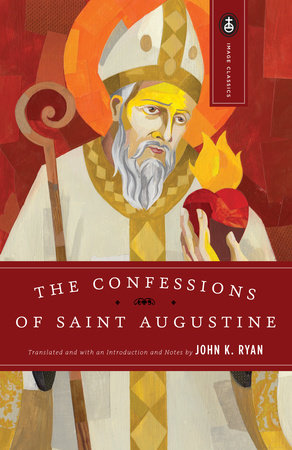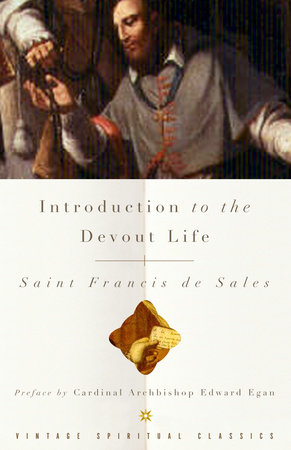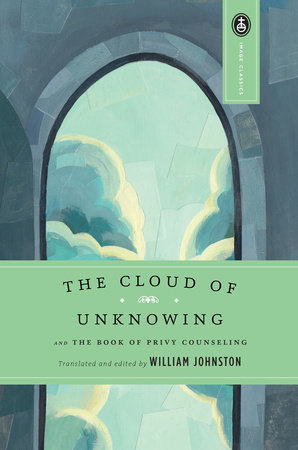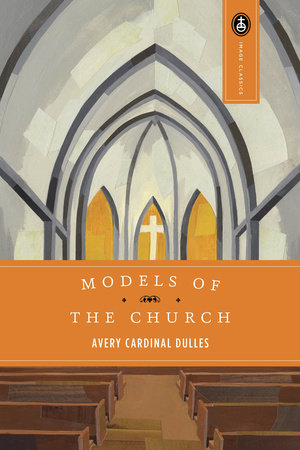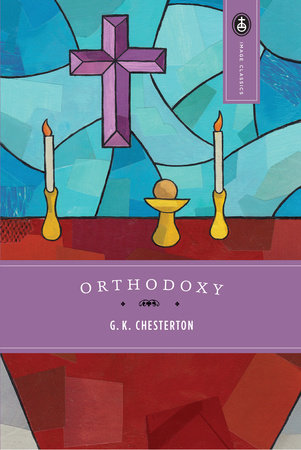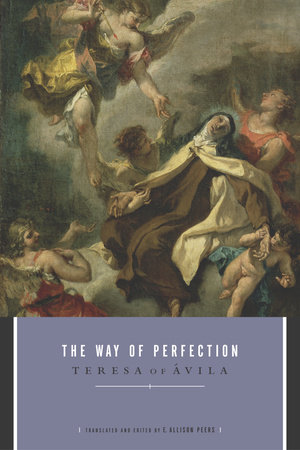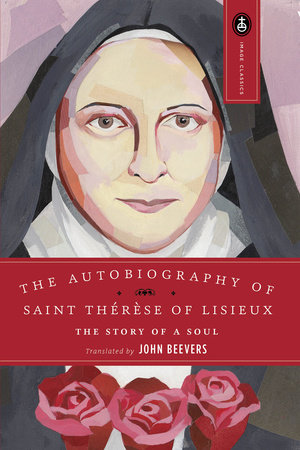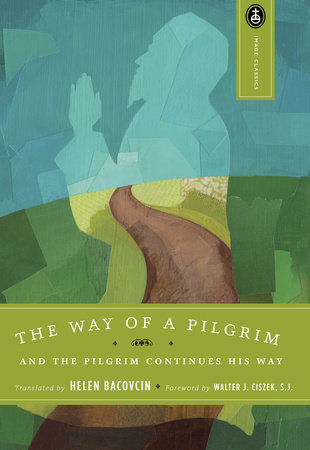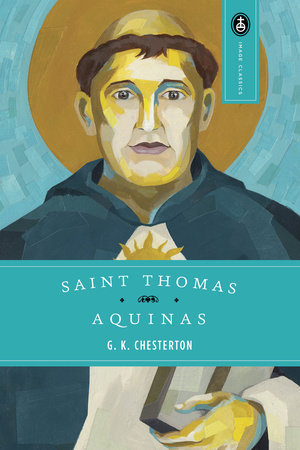Excerpt
The Confessions of Saint Augustine
Book OneConfessions of the greatness and unsearchableness of God, of God's mercies in infancy and boyhood, and human wilfulness; of his own sins of idleness, abuse of his studies, and of God's gifts up to his fifteenth year.Great art Thou, O Lord, and greatly to be praised; great is Thy power, and Thy wisdom infinite. And Thee would man praise; man, but a particle of Thy creation; man, that bears about him his mortality, the witness of his sin, the witness that Thou resistest the proud: yet would man praise Thee; he, but a particle of Thy creation. Thou awakest us to delight in Thy praise; for Thou madest us for Thyself, and our heart is restless, until it repose in Thee. Grant me, Lord, to know and understand which is first, to call on Thee or to praise Thee? And, again, to know Thee or to call on Thee? For who can call on Thee, not knowing Thee? For he that knoweth Thee not, may call on Thee as other than Thou art. Or, is it rather that we call on Thee that we may know Thee? But how shall they call on Him in whom they have not believed? Or how shall they believe without a preacher? And they that seek the Lord shall praise Him: for they that seek shall find Him, and they that find shall praise Him. I will seek Thee, Lord, by calling on Thee; and will call on Thee, believing in Thee; for to us hast Thou been preached. My faith, Lord, shall call on Thee, which Thou hast given me, wherewith Thou hast inspired me, through the Incarnation of Thy Son, through the ministry of the Preacher.
And how shall I call upon my God, my God and Lord, since, when I call for Him, I shall be calling Him to myself? And what room is there within me, whither my God can come into me? whither can God come into me, God who made heaven and earth? Is there, indeed, O Lord my God, aught in me that can contain Thee? Do then heaven and earth, which Thou hast made, and wherein Thou hast made me, contain Thee? Or, because nothing which exists could exist without Thee, doth therefore whatever exists contain Thee? Since, then I too exist, why do I seek that Thou shouldest enter into me, who were not, wert Thou not in me? Why? Because I am not gone down in hell, and yet Thou art there also. For if I go down into hell, Thou art there. I could not be then, O my God, could not be at all, wert Thou not in me; or, rather, unless I were in Thee, of whom are all things, by whom are all things, in whom are all things? Even so, Lord, even so. Whither do I call Thee, since I am in Thee? Or whence canst Thou enter into me? for whither can I go beyond heaven and earth, that thence my God should come into me, who hath said, I fill the heaven and the earth.
Do the heaven and earth then contain Thee, since Thou fillest them? Or dost Thou fill them and yet overflow, since they do not contain Thee? And whither, when the heaven and the earth are filled, pourest Thou forth the remainder of Thyself? Or hast Thou no need that aught contain Thee, who containest all things, since what Thou fillest Thou fillest by containing it? for the vessels which Thou fillest uphold Thee not, since, though they were broken, Thou wert not poured out. And when Thou art poured out on us, Thou art not cast down, but Thou upliftest us; Thou art not dissipated, but Thou gatherest us. But Thou who fillest all things, fillest Thou them with Thy whole self? Or, since all things cannot contain Thee wholly, do they contain part of Thee? And all at once the same part? Or each its own part, the greater more, the smaller less? And is, then, one part of Thee greater, another less? Or, art Thou wholly every where, while nothing contains Thee wholly?
What art Thou then, my God? What, but the Lord God? For who is Lord but the Lord? Or who is God save our God? Most highest, most good, most potent, most omnipotent; most merciful, yet most just; most hidden, yet most present; most beautiful, yet most strong; stable, yet incomprehensible; unchangeable, yet all-changing; never new, never old; all-renewing, and bringing age upon the proud, and they know it not; ever working, ever at rest; still gathering, yet nothing lacking; supporting, filling, and overspreading; creating, nourishing, and maturing; seeking, yet having all things. Thou lovest, without passion; art jealous, without anxiety; repentest, yet grievest not; art angry, yet serene; changest Thy works, Thy purpose unchanged; receivest again what Thou findest, yet didst never lose; never in need, yet rejoicing in gains; never covetous, yet exacting usury. Thou receivest over and above, that Thou mayest owe; and who hath aught that is not Thine? Thou payest debts, owing nothing; remittest debts, losing nothing. And what had I now said, my God, my life, my holy joy? Or what saith any man when he speaks of Thee? Yet woe to him that speaketh not, since mute are even the most eloquent.
Oh! That I might repose on Thee! Oh! That Thou wouldest enter into my heart, and inebriate it, that I may forget my ills, and embrace Thee, my sole good? What art Thou to me? In Thy pity, teach me to utter it. Or what am I to Thee that Thou demandest my love, and, if I give it not, art wroth with me, and threatenest me with grievous woes? Is it then a slight woe to love Thee not? Oh! For Thy mercies' sake, tell me, O Lord my God, what Thou art unto me. Say unto my soul, I am thy salvation. So speak, that I may hear. Behold, Lord, my heart is before Thee; open Thou the ears thereof, and say unto my soul, I am thy salvation. After this voice let me haste, and take hold on Thee. Hide not Thy face from me. Let me die--lest I die--only let me see Thy face.


